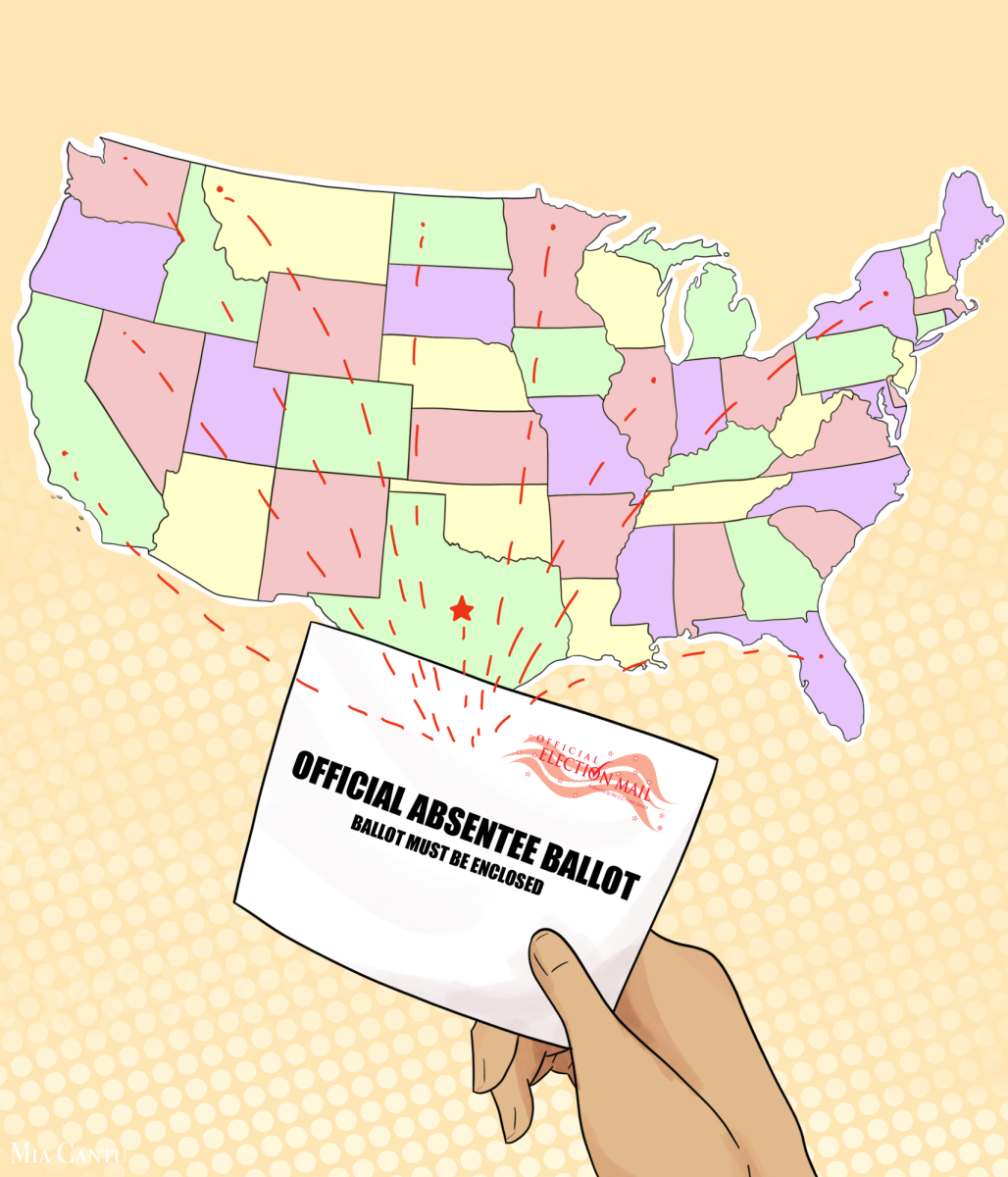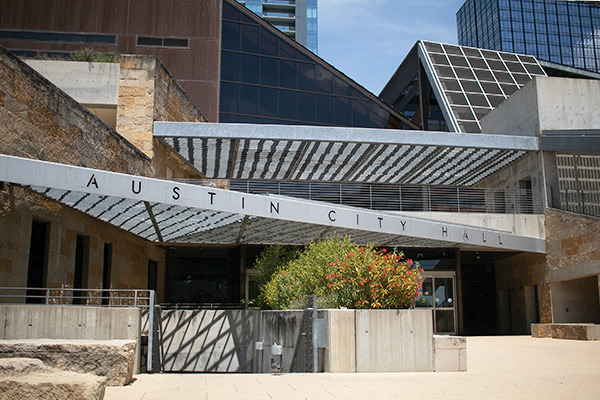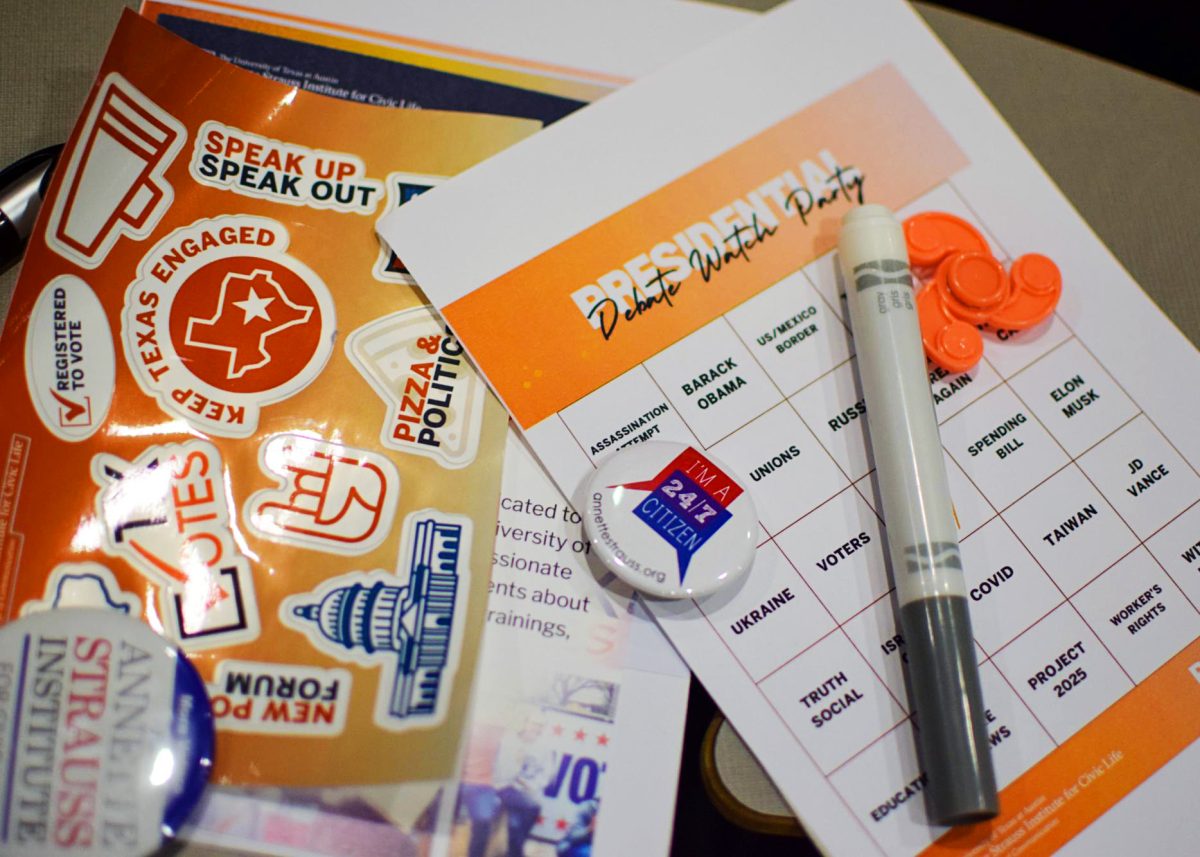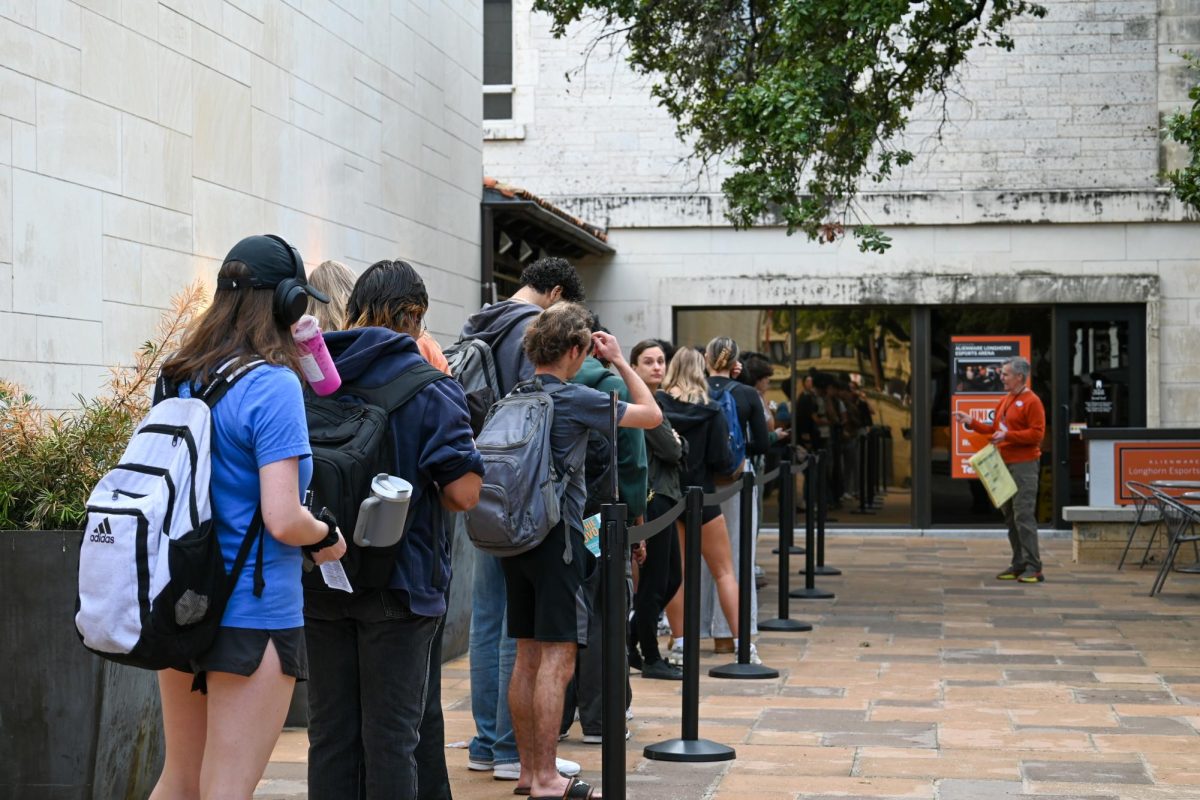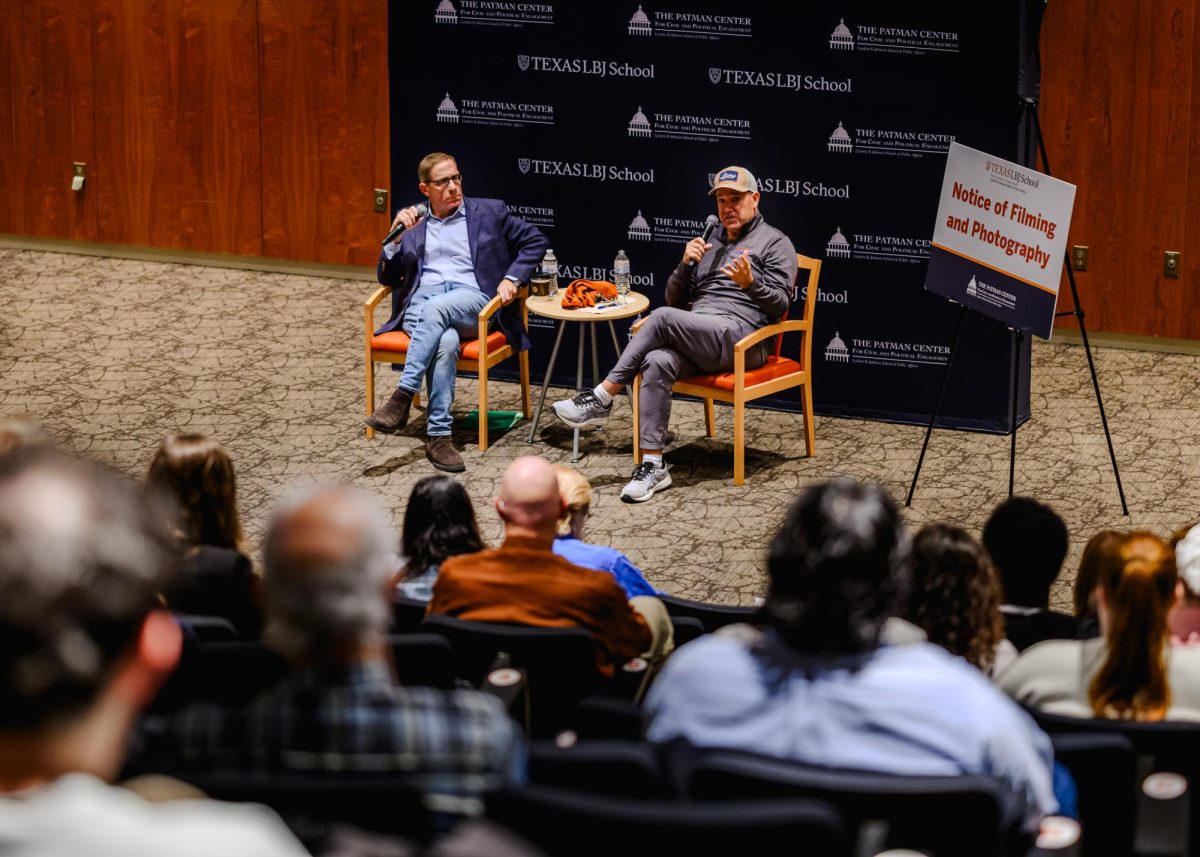As Texas starts early voting on Monday, some UT students are choosing to cast an absentee ballot by mail. Many want to weigh in on local issues ranging from state legislative races to local propositions.
Adithi Rallapalli, a biology, economics and Plan II sophomore, drove from Austin to the Collin County Elections Office to drop off her application for an absentee ballot.
Rallapalli is especially interested in the race for state House District 70 between incumbent Rep. Mihaela Plesa and Republican challenger Steve Kinard.
“(Plesa) was my representative when I came to Austin, and I feel like it’s important to keep my vote in that race,” Rallapalli said.
According to the Texas Secretary of State’s website, Texans may vote by mail if they are 65 or older, have a qualifying illness or disability, are outside their county on election day, expect to give birth or are incarcerated but otherwise eligible to vote.
Tufts University’s Center for Information and Research on Civic Learning and Engagement found that 45% of young voters voted by mail or absentee ballot in the 2020 election, more than double the rate in 2016.
Joshua Blank, research director of the Texas Politics Project, recognizes the impact of the COVID-19 pandemic on mail voting numbers. Blank said understanding Texas’ voter registration laws is challenging for less-experienced voters to navigate, regardless of how they intend to vote.
Texas doesn’t allow same-day voter registration or online registration. Additionally, Blank points out that students can’t use student IDs issued by colleges and universities to vote in Texas.
“Knowledge and time are resources, too,” Blank said. “It would make more sense for young people who are politically engaged to vote absentee, in some ways.”
Political scientists characterize young people as having higher rates of “residential mobility” and lower homeownership. As a result, frequent re-location means more regularly updating voter registration.
Rana Duan, an economics and finance senior, is voting absentee in Fort Bend County, near Houston. She believes the impact of each vote feels tangible in a local election, making the civic experience distinct from a national election.
“My time in Austin is a little more transient,” Duan said. “I have siblings who are going to the school districts (where) I vote for the school board of trustees, and my parents are paying property taxes there. We have roots set down in that place.”
Journalism freshman Gabby Comer said moving from Fort Worth to the Phoenix, Arizona area brought a shift in political dynamics. All registered early voters in Arizona receive a mail-in ballot, according to the Arizona Secretary of State’s website. Comer plans to vote absentee because of Arizona’s key battleground status.
With reproductive rights at risk in Arizona, she said she feels her vote could make a difference.
Ultimately, Blank believes building strong habits of civic engagement is important for long-term democratic participation.
“Everybody who finds themselves in a university like UT certainly has the ability to vote if they’re legally able to vote,” Blank said. “The question is whether or not they have the motivation to seek out the opportunity to do so.”

